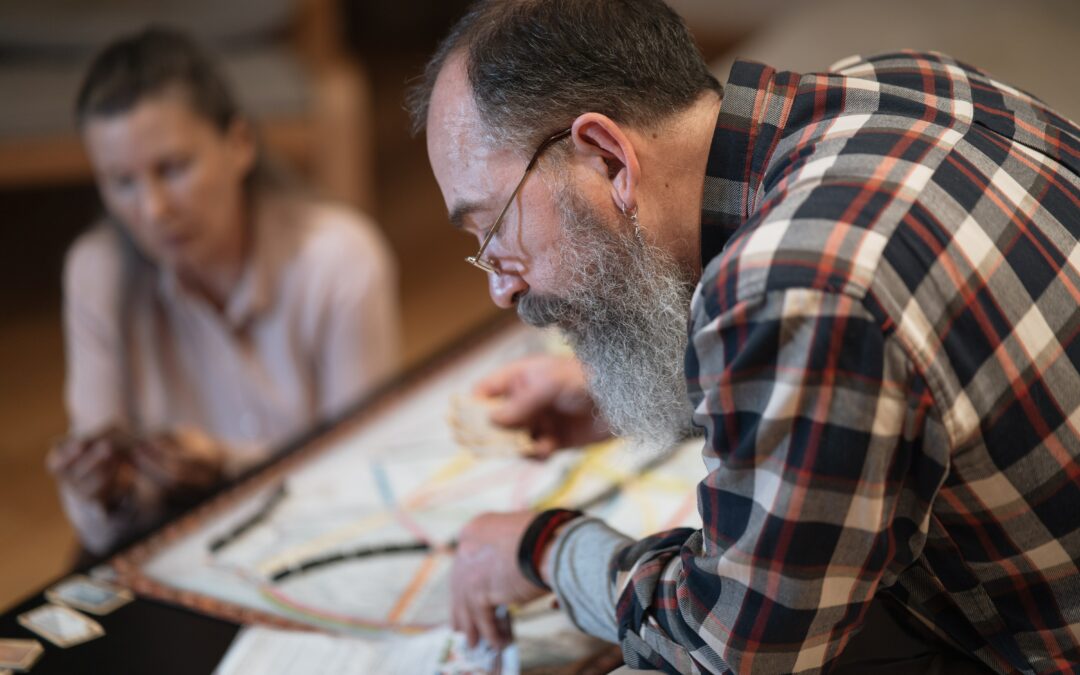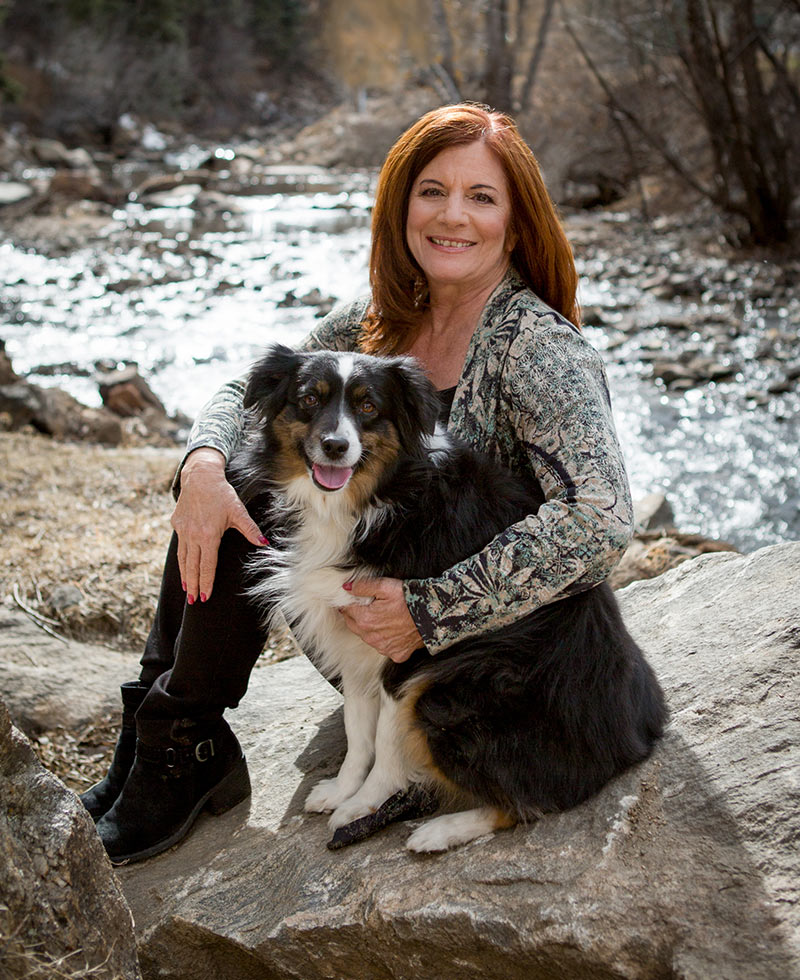There are many uncertainties when it comes to retirement. Questions you ask yourself that keep you from taking the next step. One thing many people struggle with is knowing when to retire. There isn’t a magic number, it all depends on your circumstances individually. I’ve put together a handful of FAQ’s below for you to ponder while also giving some insight on how to start answering those tough questions.
How do you know when you are ready to retire?
Let’s set aside finances for a moment. You are at what feels like the end of your career. It may seem impossible to change course. Some hesitation may stem from not knowing what to do next. For many of us, our identity is tied to what we do for a living. You may be asking yourself will I find another purpose? It is important to map out your retirement before taking the plunge. Spend some time thinking about what you want to do next. Do you want to focus on traveling, volunteering, spending more time with family, or finally starting that business you always wanted? You will find once you have a plan, it is easier to retire to something rather than retiring from something.
Do I need a financial planner in retirement?
Now that you know what you want to do in retirement you can start thinking about how you will achieve those goals. No matter who you are at some point in your retirement planning you are going to ask, do I have enough money to retire? How will I pay for health care? Health care is one of retiree’s largest expenses, yet one of the last things taken into consideration when making retirement plans. Medicare costs more money than you think. It does not cover all your expenses for healthcare.
Have you thought about when you are going to begin your Social Security? Did you know you are first eligible to begin Social Security at 62. Keep in mind the earlier you collect the lower your monthly benefit will be. According to Independent Advisor Andy Schwartz, Founder of Bleakley Financial Group, if you wait beyond your full retirement age, your benefit could increase 8% a year until age 70. Take a look at your numbers today. It is free to set up an account and start running estimates. This tool can be a beneficial first step in your finance planning. Check it out here: https://www.ssa.gov/myaccount/.
Does your employer have any retirement benefits? You should consider sitting down with one of your company’s representatives to go over your benefits. It is important to know exactly what they are offering and where you need to fill in the gaps. Start thinking about these items well in advance. It could be beneficial to consult a professional to help iron out the specific details.
What happens if you and your partner have different retirement ages?
It is not uncommon for one spouse to retire before the other. It is imperative you discuss your retirement plans with your spouse. Make sure you are in agreement with your retirement date as well as your financial plans to avoid undue stress on your spouse and your marriage. Keep your retirement plan updated. Whether it is the stock market or your own personal finances, things are always changing. Sit down periodically to discuss and update your overall retirement plans. Don’t forget to loop your spouse in on the discussion. It could be helpful to start the discussion on when your spouse plans on retiring too. Always keep that in mind when making a plan.
Remember the journey is more important than the destination. Here are a few ways to enjoy the process and make it fun.
- Get Excited: Retirement doesn’t have to be this daunting task. Get pumped up about the next chapter of your life. Make a list of all the things you are excited to do with your time. Begin to think about your bucket list. It is a journey, not a destination. It can change over time as you try new things.
- Money Isn’t Everything: You don’t have to have enormous wealth to be happy in retirement. As long as you have enough to cover the lifestyle you plan to live and stick to it. You even may decide to get a part-time job. Socialization and community is important, which is something you lose when you leave a job.
- Remember to value your health as much as your wealth. Take time to plan your health saving activities as well as your financial saving….How you spend your time attributes more to your happiness in retirement than how much money you save and earn. There will be many more hours of time to fill than just weekends.
- Get It Done: The more planning and setting yourself up now, the less worrying you do later. You’d be surprised what a well thought out plan can do for your confidence. You’ll feel accomplished and have peace of mind.
- And now for your Roadmap…. You need one – for Retirement.
As a retirement coach, I am always here to assist you. I’d love to hear about your retirement plans in the comments below.



